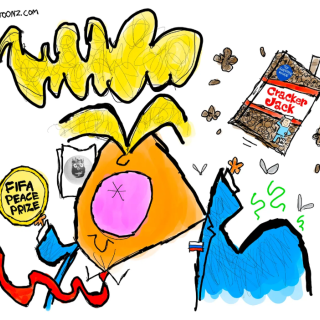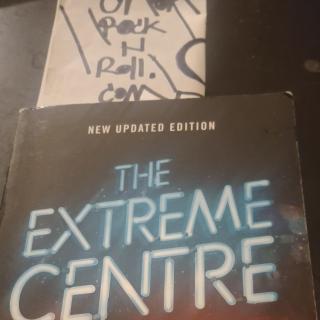When beloved Acorn Books on W. 5th Ave. began their three-month long-goodbye going-out-of-business sale a year ago, books were half-price. Nice.
Sad, but nice. I scored a few. Mostly World War II histories.
Then, after a few more price drops, they hit a dollar apiece. Time to plunder – without the guilt. I bought nearly 200, including a fat handful on our tortured history of race. Here's my recommended list you should read at any price:
Narrative of the Life of Frederick Douglass, an American Slave – Written By Himself is the granddaddy of personal slave histories, a true story right up there with Uncle Tom's Cabin, the true-to-life fictional tale. He came into this world in 1818 on a Maryland plantation, born a slave and gifted: he taught himself how to read and write at an early age, eventually escaped in 1838, and published the first of three autobiographies, Narrative, in 1845. Before freedom, he had become a skilled tradesman. "Master Hugh" would rent his labors out for six to nine dollars a week and allow Douglass to keep...six cents. At almost the same time, Abraham Lincoln's father was confiscating his $2-per-day labor for local farmers. Neither man could abide. Both studied the Bible and Shakespeare to sharpen their written and oral arguments. Both became thrilling orators, Douglass achieving status as the leading black intellectual of his time. Where did the young Douglass learn his letters? At the Durgin and Bailey shipyard, seeing the carpenters writing on the timbers what part of the ship they were going to be. Bootstraps don't come any harder than that.
The Fires of Jubilee: Nat Turner's Fierce Rebellion by Stephen B. Oates is a highly readable, gripping 218-page account of another slave who possessed exceptional personal charisma. Nat Turner it is said was “touched” with the gift of quasi-mystical religious prophecy, frequently sermonizing his fellow slaves out of earshot of their white masters, urging them to grow their inner resiliency. To what purpose they wondered? The bloody Haitian 1791 slave revolt and Gabriel Prosser's Richmond, Virginia, slave uprising in 1800 were both in Turner's heart. When it came time to do the deed, it was a brief and miserable failure lasting only a few days of slaughter with Turner and his small following indiscriminately murdering whites, including women and children. Poor whites were left alone – Turner knew when he saw white privilege and when he didn't. He was eventually executed along with 120 other blacks, many unjustly accused non-participants. One lasting bit of post-rebellion put-downs: no slave church would ever be without a white minister nor literacy tolerated.
The Eyes of Willie McGee: A Tragedy of Race, Sex, and Secrets In The Jim Crow South in some ways is the most disturbing book I've ever read on lethal injustice. From Mississippi, McGee was married but a lover man who carried on a long and illicit sexual relationship with Willette Hawkins, a white housewife, who falsely accused him of rape when she found out he was also cheating on her. Convicted and sentenced to death in 1945, the case brought young unknown activist Bella Abzug from New York down to begin his defense but to no avail. Despite two judges who thought the case flimsy, he was eventually executed, Mississippi's notorious "traveling electric chair" brought to town to mete out Deep South justice. For all practical purposes, it was the start of the modern Civil Rights movement with northerners risking their lives to terminate Jim Crow. Hawkins later allegedly recanted.
Mississippi Notebook by Nicholas Von Hoffman, a Chicago Tribune reporter who later became a New York Times columnist, is a fine companion piece to any study of the Civil Rights movement at ground zero for the movement – Mississippi, a state that had banned William Faulkner books. Every chapter is a highly personal look by journalist Hoffman as he spent his time frantically "chasing the FBI who are chasing the police" who were chasing and making life miserable for the civil rights workers. When the Civil Rights Bill was signed on July 2, Hoffman was already a veteran chronicler of numerous bombings, murders and vicious brutality by the powers that be. Some excellent stuff here.
Sportin House: New Orleans and the Jazz Story – A History of New Orleans Sinners and The Birth of Jazz stands as one of the most remarkable books on black music I have ever read. What the church was to black survival, brothels were to jazz and blues: musical freedom, a freedom they didn't have during daylight hours and only occasionally at night. Even sex and music were regulated during and after slavery. But brothels meant sexual and musical liberation. No wonder the music was so good. Of course, the madams and mobsters in charge are southern characters straight out of any great Southern Gothic novel and the accompanying somewhat abstract color paintings make this one helluva great look at a somewhat uncelebrated chapter of black cultural history.



